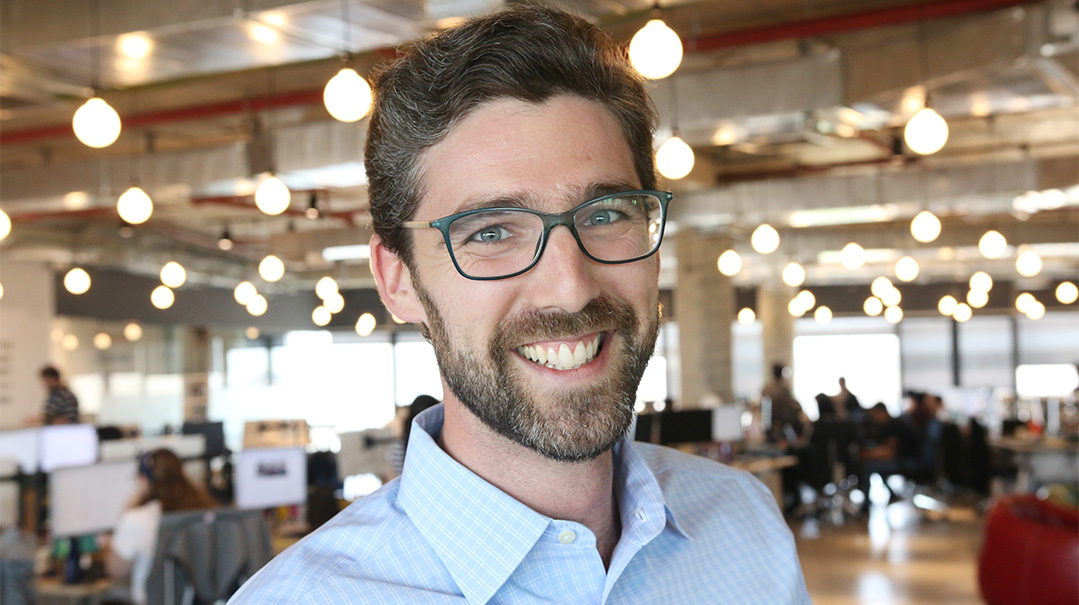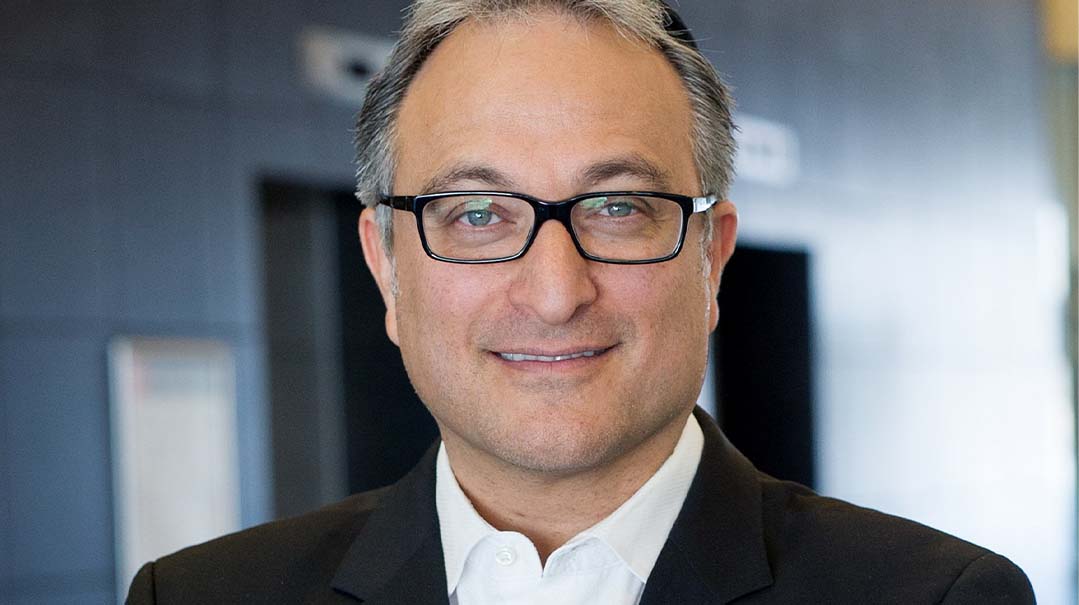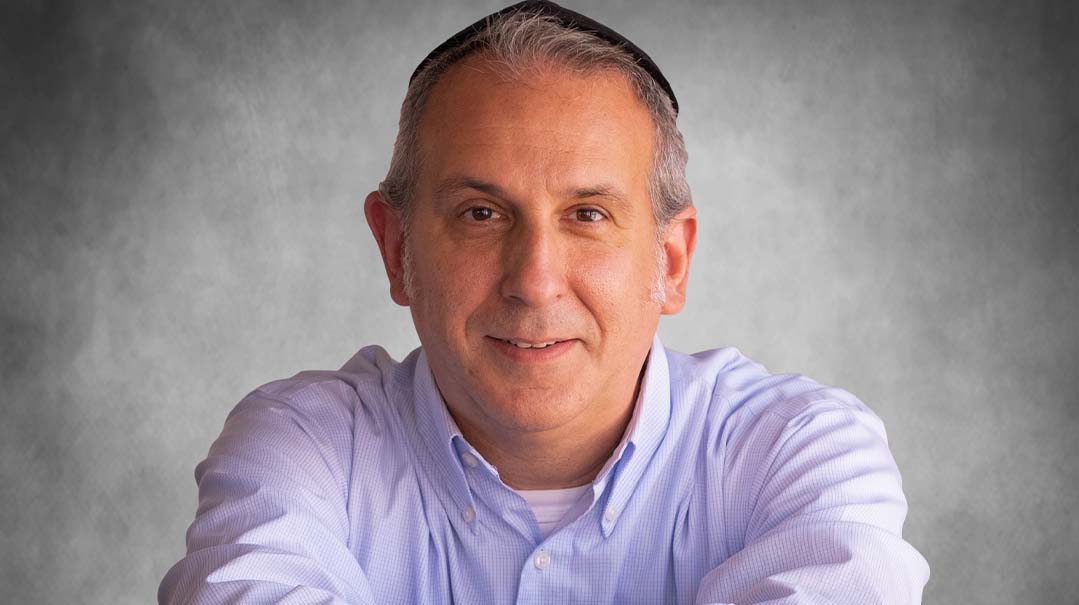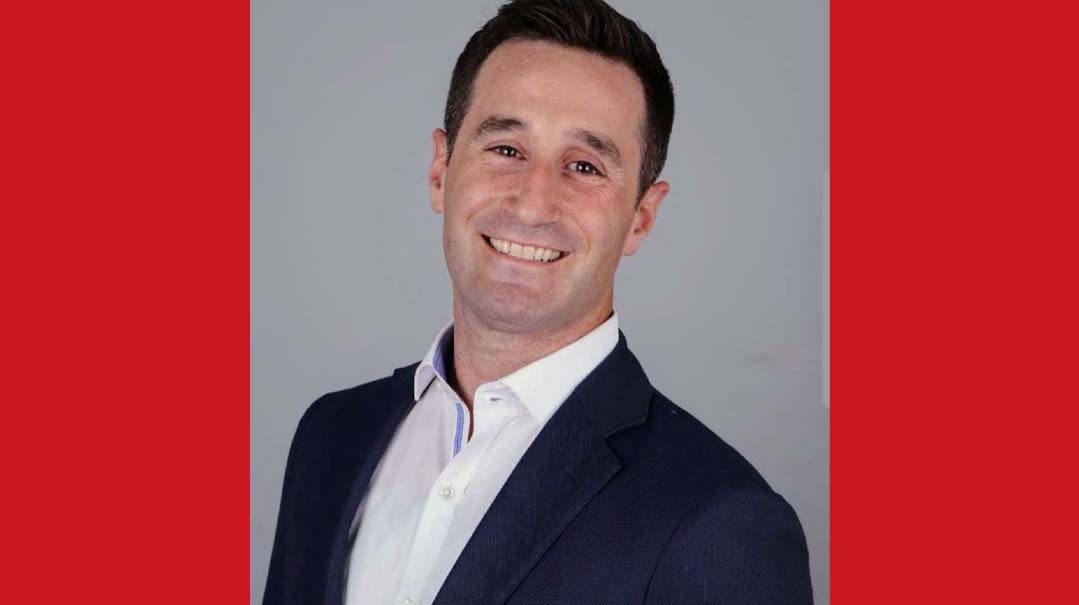Work/Life Solutions with Ben Lang

"99% of value lies in execution of an idea, and only 1% in the idea itself"
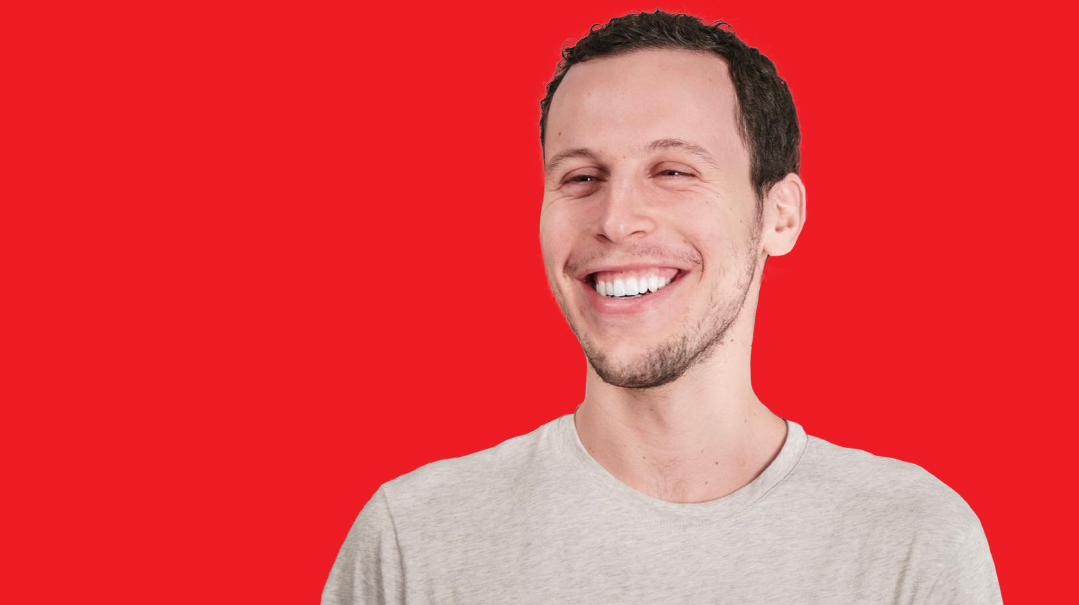
Who: Ben Lang, hi-tech guy, product and community builder, and investor in early-stage companies.
What: For many of these interviews, this section essentially revolves around the interviewee’s job. But for Ben, who’s just 27, it’s not so simple, because he already wears so many different hats — from raising $1 million for his first startup at the age of 20, to running community at one of the hottest startups in Silicon Valley (valued at $2 billion), to launching a fascinating array of worldwide initiatives, to writing for top-tier publications like Business Insider, to investing in innovative early-stage technology companies.
Where: Ben was born in Israel, but grew in the States, mostly in California and New York. After high school, he moved back to Israel to serve in a top IDF intelligence unit. He then spent a few years shuttling between Tel Aviv, San Francisco and New York, and finally decided it was time to settle in Jerusalem, the holiest city in the world.
Why: What I found even more impressive than Ben’s professional accomplishments was that, with all that star quality, he has a natural humility and is one of the nicest, most respectful people I know — and he’s constantly looking for ways to help others. Moreover, over the last few years, he’s become fully Torah-observant, and now juggles his busy schedule with a few hours of serious learning every morning. I might be several years older, but I definitely look up to him as one of my role models.
1 of 9: What opportunities or personalities played a role in your career?
The first in a chain of events that kicked off my career was making aliyah. When I was a high school student at Ramaz on Manhattan’s Upper East Side, I decided college wasn’t for me. Instead, I was going to join the IDF and serve in an intelligence unit. I had no idea how to make that happen, but I had read Startup Nation and knew that this was where I wanted to be. Even though I was born in Israel and left at age one, I felt obligated to serve my real home.
I didn’t know a single thing about Israeli intelligence, though, so I decided to look for Israelis. I went to tech conferences and went up to anyone with an Israeli name badge to ask them for advice. I ended up at Techcrunch Disrupt as a high school junior and met one of the founders of Billguard. He ended up being incredibly helpful and connecting me to the right people to help me get where I wanted to go. It took a few more years of fighting bureaucracy, sending hundreds of faxes, and making calls in the middle of the night, but in the end, I was accepted into Unit 8200, the primary tech unit of IDF Intelligence.
When I moved to Israel, I didn’t know anyone outside of my Israeli-born cousins, so I was eager to meet people in the tech ecosystem. I knew that meeting people leads to opportunities, so I started emailing anyone I could think of, saying “Hey I’m 18, I’ll be joining the army and plan to work in tech, can we grab coffee?” Surprisingly, most people said yes. I went to meetups, and asked people to introduce me to their friends. Within a few months of moving here I had met so many people I could barely keep track. At the same time, incredible opportunities started to bear fruit.
Not long after moving to Israel, I helped start a project called Innovation Israel, a community of entrepreneurs, investors, venture capitalists and more, through which I, together with a few friends, organized one of the first Hackathons to take place in Israel. Over 70 Israeli entrepreneurs came together to brainstorm ideas. I met Saul Singer, author of Start-Up Nation, at one of these meetups and offered to help him with his digital presence. I created a website for him and managed the book’s Facebook page. I couldn’t have dreamed of this when I read the book years ago in high school.
I worked part time for a VC firm in Tel Aviv where I was able to meet more incredible founders and operators, I ended up serving in my dream army unit, and in my final year of the army, I started a company and went on to raise $1 million and build a team — today the company is a profitable SaaS (Software as a Service) company called Mapme, which provides mapping solutions for businesses around the world.
2 of 9: Which three character traits have played a key role in your career path?
Adding value. Going back to my years as a teen, I realized the best way to get my foot in the door would be by adding value in some way. I took that pretty seriously from day one in my career and have found this to be one of those things that have compounded over time.
To give you a few examples of how I’ve done this, I was one of the first users on Product Hunt, a popular website where builders and founders launch their new products. It’s a great way to get a boost of new users when working on a product. As one of the earliest users, I have a certain amount of influence on the site, so when I post things, they get a lot of visibility. When reaching out or meeting new people, I always try and ask if they need any help with Product Hunt. I’ve “hunted” hundreds of companies at this point and was able to meet some amazing people by just helping with something small like this.
At one point, when I was in a rut with no idea what I wanted to do next, I saw that a friend of mine in San Francisco had been organizing dinners called On Deck, where people who were looking for what’s next could gather. I thought it was a brilliant idea and found a friend in Tel Aviv to organize a few of these together. We ended up organizing dozens of these events in Israel and New York with hundreds of incredible people joining us. I was able to meet so many people who were going through similar challenges and learn from them. With this database of people, I was also able to match many with career opportunities, helping them land new roles or find cofounders.
Having Fun. I’ve been lucky enough to just have fun with what I do every day. One of the best examples would be how I ended up at Notion, the startup I joined early on a few years ago when just 12 people were working there. At the time, I was consulting for three high-growth companies and having a fantastic time. Around that time I came across Notion, an all-in-one workspace for people to manage their personal and work lives. I had tried it a few times, but never really got into it. On my fifth try, it clicked. I felt like I had discovered a game-changing piece of software. It was like I had a second brain using this app. I was so excited about it, I started tweeting about it. People really wanted a way to see how others were using Notion, so I figured building a template gallery could be a great way to do that. I spent a few days putting together something pretty basic, launched it on Product Hunt and got a tremendous response. I was so excited, I started buying more Notion-related domains and then figured, why not reach out to Notion and see if I could do some work with them? I flew out to San Francisco, and within a few days, I added Notion as my fourth client. A few months later, I ended up joining Notion full time. Today, the company is valued at $2 billion, a hundred people are on the team, millions are using the product, and best of all, I can live in Israel and work remotely (all while having a ton of fun).
Another example: When I was a sophomore at Ramaz, a friend and I built a website where students could post and share class notes, reviews, and old tests. The site was quickly adopted and most students used it as their primary resource for catching up on classes. The best part of this project was that I never took notes after that. I’d just go to the website whenever I needed anything.
Hustle. I’m not sure how best to define hustle, but I would say it’s something like chutzpah plus tenacity. When I was 14, my grandfather asked me to sell his camera equipment for him online. I sold it all on eBay and took a small commission. I figured, why not try this out for a few more people? So I started selling things for friends, eventually posting flyers in my neighborhood and on Craigslist, and soon had clients reaching out from all around the city. My bedroom turned into a small shipping factory. I was selling electronics, Broadway tickets, antiques, whatever I could get my hands on. People even asked me to sell their cars, but I passed on that, given my age.
From there I built a website and discovered how powerful the Internet really is. I started building websites for small businesses, family friends, anyone who was interested. Early on I remember bartering a website in exchange for a new laptop.
I started a blog. I contributed articles on TechCrunch and Forbes. The more I hustled, the more energized I got. I started reaching out to successful founders to learn what they were doing. I remember reaching out to WhatsApp before Facebook acquired them, and I met their founder for coffee while he was visiting Tel Aviv. I had no shame in reaching out to anyone with any idea or request, viewing everything as a new opportunity.
3 of 9: What do you do to relax, recharge, or simply have fun? How do you make time for that, and how often?
I feel like this is a cliche response, but the answer is, without a doubt, Shabbat. The interesting thing is that Shabbat played a big role in pushing me away from Judaism when I was younger, but also brought me back to living an observant life many years later.
I grew up in a home with a Modern Orthodox father and non-observant mother. We went to Jewish day school and observed Shabbat at home, but when I was a teenager, I started to question all of this — what sense was there seeing one of my parents following Jewish laws and the other disregarding it? I felt more and more constrained by Judaism, and especially suffocated by Shabbat. For the next seven or eight years, I totally stopped observing anything related to Judaism. Even though I made aliyah and joined the Israeli army, I never once stepped foot in a synagogue. I rejected Shabbat and kashrut and everything else.
A few years later, I left Israel for San Francisco, followed by New York City. The first two years, I continued to live an entirely secular lifestyle. I was always trying to find ways to stay entertained — I always felt like I was looking for something, but was never satisfied.
I had a friend from Israel who had moved to San Francisco around the same time and he told me about a family he enjoyed staying with for Shabbat, and that I should come with him. At first, I was against the idea, it sounded miserable to me, but eventually I decided, why not? I went to this family and felt totally at home. They were so generous and hospitable, it felt great to be there. I kept on going back with their encouragement, and over the next few months, I decided to stop using my phone on Shabbat, to try going to shul with them, and to slowly refresh my memory of Shabbat. As time went on, I met other families, learned a lot, found mentors to talk to, and rebuilt my relationship with Judaism in a positive mindset.
Today, as an observant Jew, I always look forward to Shabbat. I think back to my old friends who are always looking for new ways to disconnect and be present, and I’m just so thankful that we have Shabbat as a central part of our lives.
7 of 9: If you were asked to deliver a TED Talk that would be watched by 50 million people, what topic would you choose to speak about? Why?
Tough question, so many ideas. One thing I’d love to talk about would be the power of side projects. There’s a common misconception that ideas have value, but I’d say 99% of value lies in execution of an idea, and only 1% lies in the idea itself. Better to start something, give it a try and see what happens, than just get stuck and not move forward.
When I was around 18, I started working on all kinds of projects. I had a feeling most would fail, but I figured, now’s the time, I can work on all kinds of cool things and see what sticks. I found friends to work with and launched dozens of random projects over the coming years. They were all related to different interests of mine — Israel, productivity, food, reading, really any idea that came up. While a few turned out to be pretty interesting, most of them flopped.
I’ll share a few examples. Around nine years ago, I saw a website called Nutella Day, an annual holiday some fans had created to celebrate Nutella. I thought it was such a fantastic idea, because who doesn’t love Nutella? I thought, let’s do something similar but with an Israeli twist. I called it Hummus Day. I bought the domain, built a simple website in WordPress and forgot about it. A few months later, on May 13, I woke up to all kinds of tweets celebrating hummus. I saw articles about Hummus Day all over the Internet — apparently it was a thing now. Years later, every May 13th, tens of thousands of people post about hummus on social media, dozens of news sites share the news, and hundreds of restaurants organize events. A Turkish TV channel even produced a tour of hummus places in Gaza, but I don’t think they realized the holiday was started by an Israeli teenager.
8 of 9: Can you share a time when you had to navigate the tension between your deepest values and the business world?
When I was living in New York City a couple years ago, my goal was to become a chief of staff for someone successful who I could learn from. Soon after moving there from San Francisco, I discovered that a top-tier investor in San Francisco, the founder of a publicly-traded tech company, was looking for a chief of staff to help run his investing portfolio and work on special projects for him. It sounded like the perfect role for me, and I was surprised to hear back just a few days later from the recruiter leading the process. She interviewed me and called me back to let me know the investor wanted to meet with me in person. He was interviewing a few finalists over the weekend before making a decision. They offered to book my ticket for the same day and take care of accommodations. I was really excited.
Only challenge was it was Friday. Just a few months before I had started to fully observe Shabbat, and I knew the logistics would be really difficult here. He wanted to meet on Saturday and the flights from New York would have me arrive right around when Shabbat was starting in San Francisco. I made a decision on the spot: I told the recruiter that I couldn’t make it in person, while she made it clear that he was planning to decide that weekend. We ended up moving my interview to a video call on Saturday night, but I was having a problem with my Internet connection, and the call didn’t go well. But even though I realized there was no chance I would get this position, I couldn’t have been happier about my decision. Fast forward a few years, and now I’ve found the best of both worlds and couldn’t be happier. I was able to join a startup I loved at the right time and am able to engage in angel investing with an incredible NYC-based partner who’s also an incredible mentor. So it all worked out for the best.
As the COO of Partners in Torah, Moe is spearheading a digital transformation, strategic partnerships, and global expansion. Previously, he was the Founder & CEO at Winfluencers, the Head of BizDev for Hometalk, Strategy Consultant for Deloitte,and Regional Director for the Lauder Foundation. He holds an MBA and semichah, and published his first book, The Gift ofStuttering (Mosaica Press, 2016). He also teaches a Daf Yomi shiur, produces inspirational videos on the Daf (“Daf Yomi MoeMents”), and gives lectures to audiences worldwide. Moe lives in Ramat Beit Shemesh with his wife and children.
(Originally featured in Mishpacha, Issue 853)
Oops! We could not locate your form.







